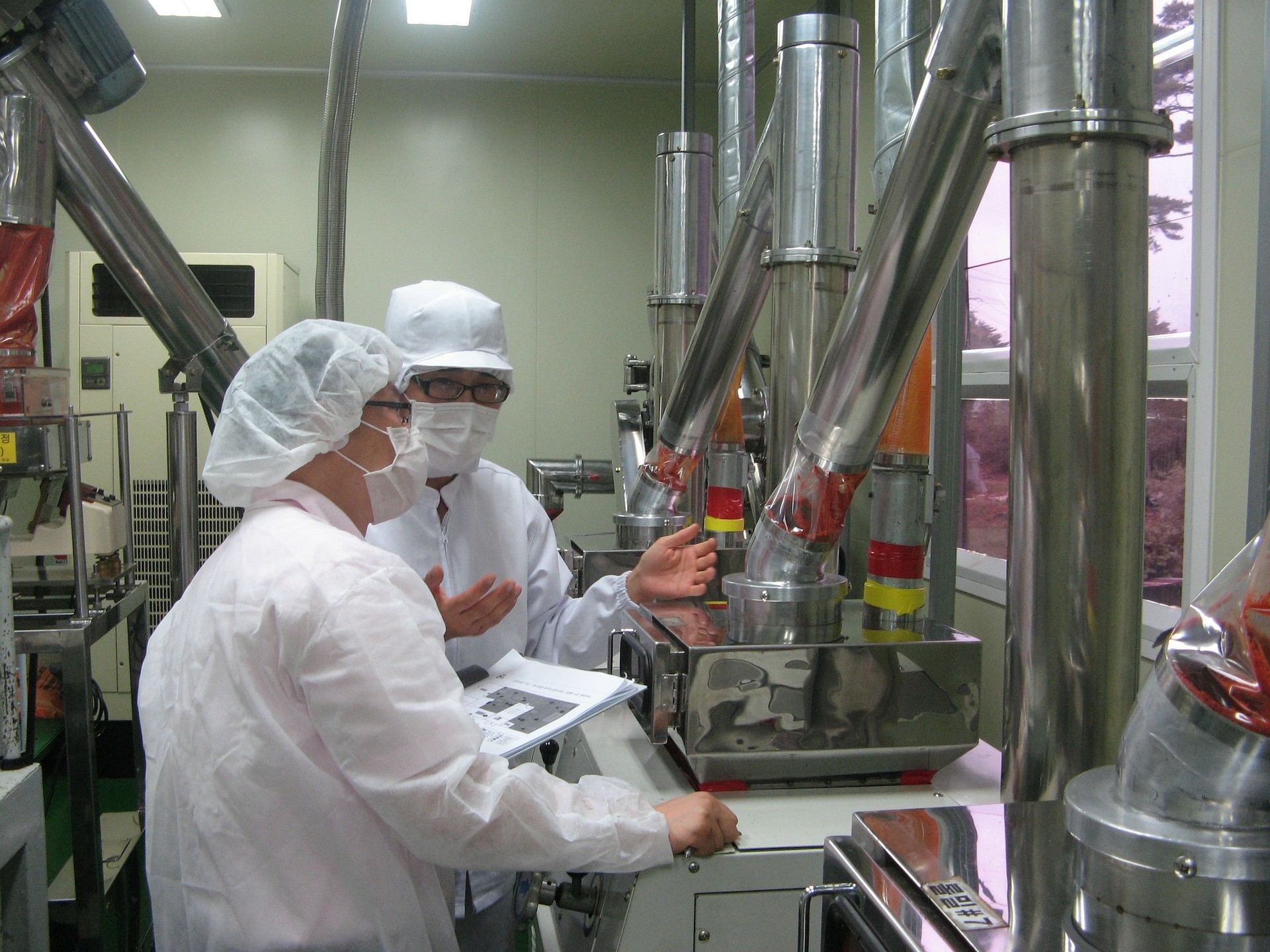Search
Categories
latest news


06 Aug | by GCL International UAE | General | 0 Comment
ISO 22000:2018 was issued in June 2018 and 3 years has been allowed to transition to this new standard from the date of publication.
The adoption of an ISO 22000:2018 (FSMS) is a strategic decision for an organization that can help to improve its overall performance in food safety. The potential benefits to an organization of implementing a FSMS are:
a) the ability to consistently provide safe foods and relevant products and services that meet customer and applicable statutory and regulatory requirements;
b) addressing risks associated with its objectives;
c) the ability to demonstrate conformity to specified FSMS requirements.
ISO 22000:2018 applies the ISO High Level Structure (HLS), common for all ISO standards such as ISO 9001 and ISO 14001 so it will be easier to integrate with other management systems.
At GCL, we are allowing applications and audits to be processed and undertaken against ISO 22000:2005 up until the 18 June 2020. This is because some organisations have been working on the 2005 version for some time and would like to use the transition period to upgrade. The only point to note is that any certificates issued now for ISO 22000:2005 will have an expiry date of 18 June 2021.
Transition Time Scale is 3 years.
ISO 22000:2018 Clauses
1. Scope
2. Normative References
3. Terms and Definitions
4. Context of the Organization
5. Leadership
6. Planning
7. Support
8. Operation
9. Performance Evaluation
10. Improvement
Summary of Main Changes
1- The 31 new terms and definitions
2- High Level Structure (7 main clauses instead of 5 in the 2005 version)
3- The risk based thinking – Organizational (clause 6) and Operational (clause 8)
Risk–based thinking enables an organization to determine the factors that could cause its processes and its FSMS to deviate from the planned results, and to put in place controls to prevent or minimize adverse effects.
4- The clear differences between the Critical Control Points (CCPs), Operational Prerequisite Programmes (OPRPs) and Prerequisite Programmes (PRPs).
5- The PDCA cycle – the standard clarifies the Plan-Do-Check-Act cycle, by having two separate cycles in the standard working together: one covering the management system and the other, covering the principles of HACCP.
The PDCA cycle enables an organization to ensure that its processes are adequately resourced and managed, and that opportunities for improvement are determined and acted on.
6- The scope now specifically includes animal food: food for animals not producing food for human consumption. Feed is intended to be fed to food producing animals.
For any additional questions or queries please email [email protected]
Mahmut Sogukpinar
Chief Operating Officer
GCL INTERNATIONAL LTD


